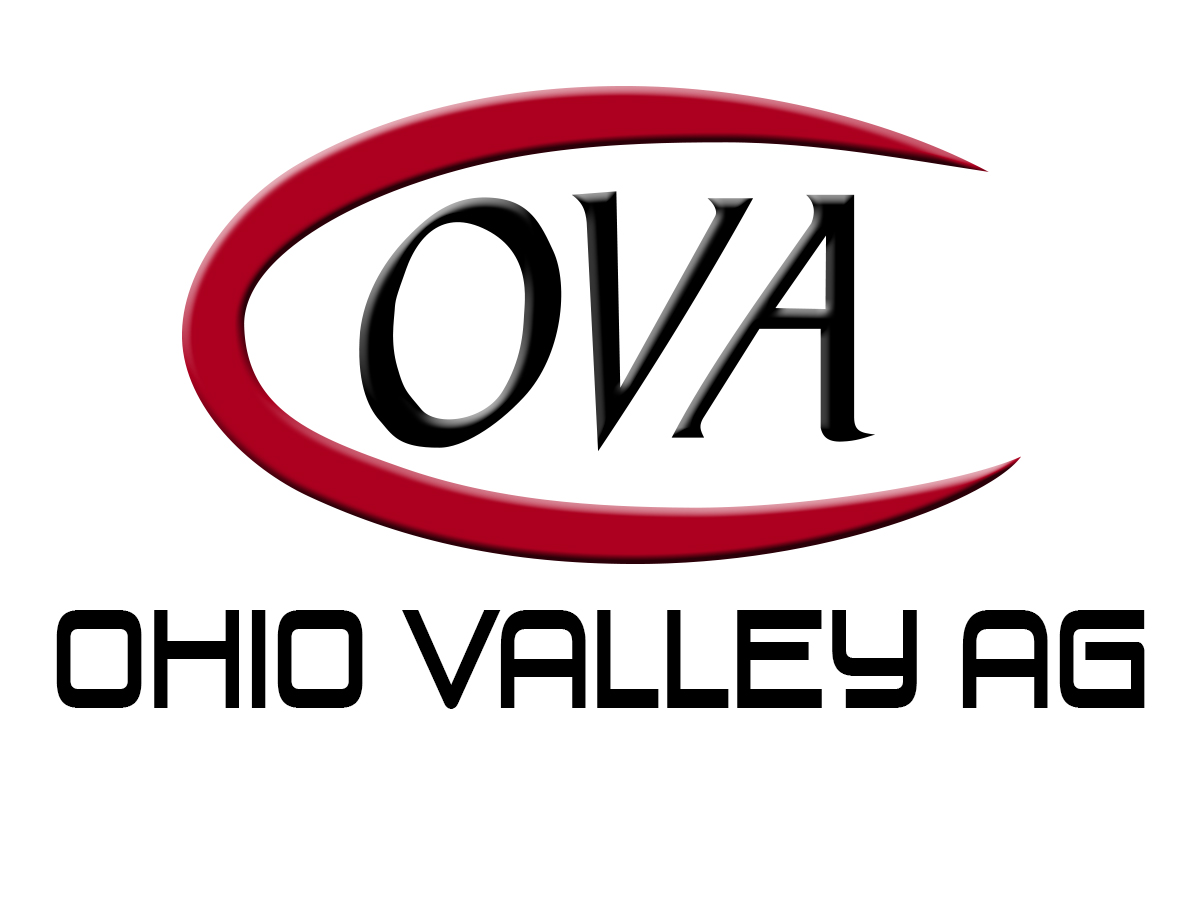Perhaps no segment of farming is benefitting more from the ubiquitous power of mobile technology than precision agriculture. Just think about it — complete mobility to be able to monitor, store and share information at anytime, anywhere in the world via a smartphone or tablet has taken precision agriculture to another level.
In fact, the mobile device was ranked the No. 1 technology to watch in the Fall 2013 PrecisionAg Special Report (PASR), ahead of other top trends like variable-rate seeding and unmanned aerial systems. “I do feel smart devices will continue to be adapted by agriculture,” said Tim Norris, manager of Ag Info Tech, in the PASR article. “It’s technology that people seem to have already, so telemetry and data transfer with those devices makes sense to me.”
The evolution of mobile technology in precision agriculture should only continue upward over the next several years, too. Consider the next generation of farmers has grown up with this technology and feels completely comfortable using it. Their familiarity with iPhones and iPads should make it seamless for them to integrate mobile technology into their farming strategy. 
But exactly how are today’s growers and retailers using mobile technology in precision agriculture? We set out to answer this question in our 2013 Precision Ag Mobile Internet Usage Survey. Nearly 200 respondents were comprised mostly of growers (35%), retail agronomists/consultants (25%) and manufacturers (17%), and about 90% said they were “very involved” to “always involved” with their organization’s precision ag activities. These highly engaged participants certainly helped in the credibility of the study’s results. Thus, here are six mobile use trends to watch for in precision ag in 2014 and beyond:
1. iOS dominates mobile devices. As of October 2013, Apple has sold more than 170 million iPads since its release in April 2010, according to AppleInsider.com. So not surprisingly, iPads (63%) were the most commonly used mobile device among precision ag practitioners. It was followed closely by the iPhone (54%) and Android smartphone (36%). Other mobile devices being used in precision ag to a lesser degree are the Android tablet (10%), Windows tablet (8%) and Windows smartphone (6%).
2. Internet quality and availability improving. It wasn’t too long ago that Internet service in rural areas was a crapshoot. While you may have had good access, your neighbor may have been out of luck. But with vast improvements in connectivity — particularly with wireless broadband and cloud computing — Internet quality and availability is better than ever. Consider 83% of respondents rated the availability of high-speed Internet access in their area as “good” to “very good,” while 76% rated the quality of high-speed Internet as “good” to “very good.”
3. Mobile slowly phasing out desktop computing. Are mobile devices making desktop computers obsolete? Perhaps they are in some industries, but not quite yet in precision agriculture. In fact, slightly more than half of respondents (52%) said they use their mobile device(s) “about the same as” or “more than” their laptop/desktop computer for precision ag work. Meanwhile, 48% use their smartphones and tablets less than their personal computers for precision ag-related jobs.
4. Mobile devices increase … mobility. Without question, the ability to work anywhere is one of the biggest advantages of mobile technology. When asked what locations they are using their mobile devices for precision ag-related work, most respondents said “in the field” (83%) and “in the cab” (62%). Interestingly, respondents are using them slightly more “at home” (51%) than they are “in the office” (49%).
5. Data collection No. 1 task performed. As the industry continues to emphasize the need to provide better data to growers to help them make better farming decisions, mobile technology will help immensely in this regard. So when asked how they use their mobile device(s) for precision ag purposes, it was not surprising that data collection was the most common answer to this open-ended question. Also mentioned several times by respondents was mapping, scouting and soil sampling/testing.
6. Mobile app is a key component. One of the main tools that enable a wide variety of precision ag work to be conducted on a mobile device is the app. And precision ag specialists are using lots of them. Connected Farm (Trimble) was the most used precision ag-related mobile app (31%), according to respondents. It was followed by John Deere’s JD Link (28%), Precision Planting’s FieldView (24%) and John Deere’s Mobile Farm Manager (16%). In addition, the overall attitude toward these apps is positive. More than 70% said they “agree” to “strongly agree” that most precision ag apps improve the quality of work they do.
Shop Agrimart.net for all of your precision agriculture needs.

